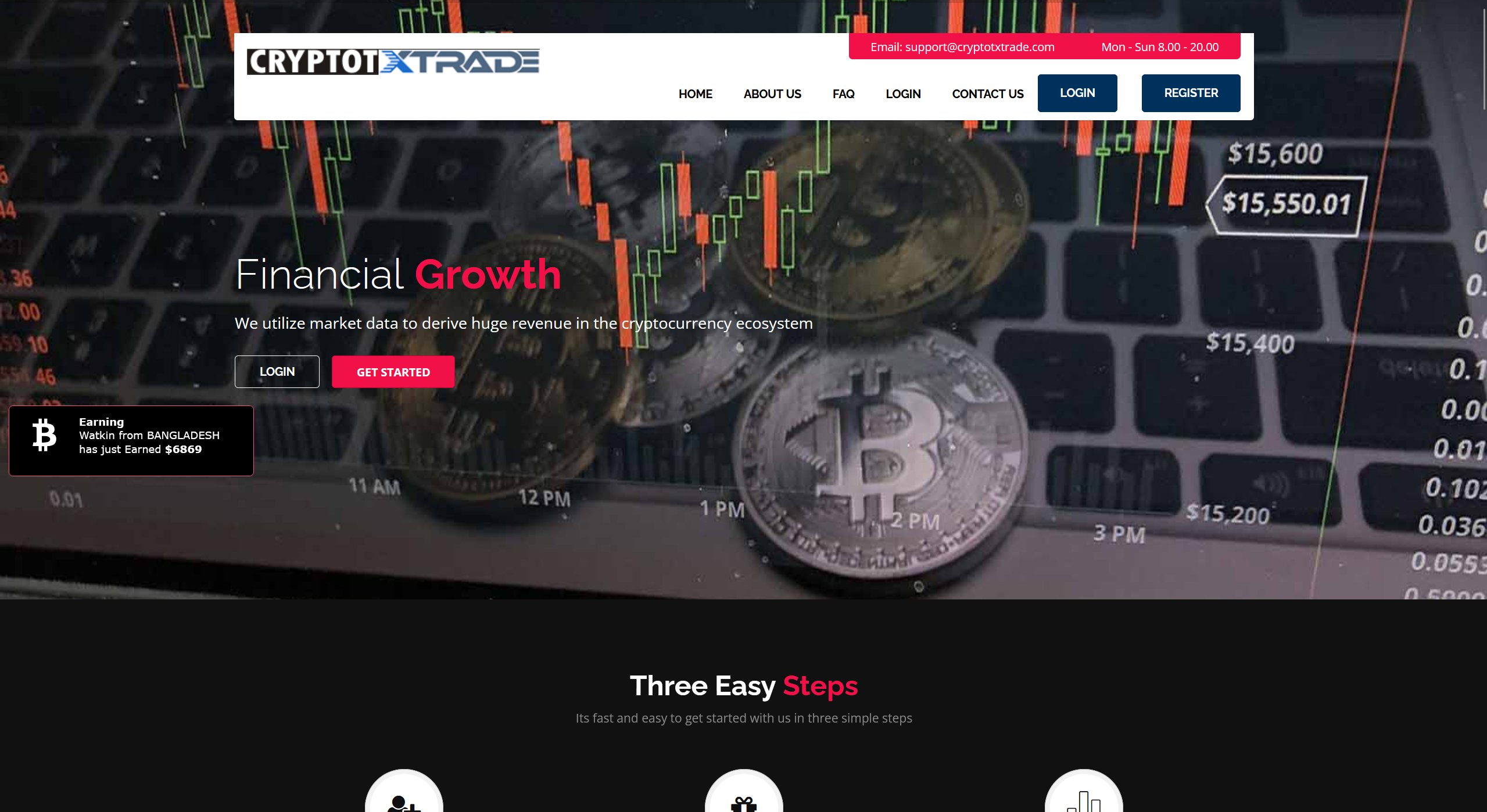
When a broker name like “Axi” evokes familiarity, trust, and sleek branding, many traders let their guard slip. But names, logos, and polished websites can mask serious red flags. Below are 7 savage truths that peel back the façade
around Axi Broker / Axi / AxiTrading, revealing where praise ends and caution should begin.
- Unauthorised status in key jurisdictions
The UK’s Financial Conduct Authority (FCA) has explicitly listed “AXI Trading” as not authorised or registered to provide financial services in the UK. That means if you transact with them in the UK, you lose access to financial ombudsman recourse and compensation safety nets. The warning is not casual — it’s a formal public notice. - Flagged by oversight bodies as suspect
The Financial Commission (a self-regulatory body / dispute resolution entity) has placed “Axi Trading” on its Warning List, citing reports from traders alleging fraud, misrepresentation, or suspicious behavior. That’s a red banner in the broker world: formal alerts against your name. - Regulation claims are inconsistent or misleading
Some broker review sources assert that Axi is regulated under multiple top regulators like FCA, ASIC, DFSA, etc. But others push back: analysts argue that in certain markets, Axi is operating without proper authorization and that in the UK specifically, it is unlicensed. These conflicting claims create uncertainty about what protections truly exist. - Complaints of withdrawal problems and unauthorized transactions
On independent review platforms like WikiFX, user reports allege that funds were withdrawn from Axi accounts without authorization, leaving balances nearly emptied. One case describes USD 920 taken out to a UAE bank, with Axi’s response blaming IP location or user negligence rather than admitting a security lapse. On ForexPeaceArmy, traders also report delays, rejections, or shifting excuses when trying to withdraw.
- Inactive or hidden entity registration in some jurisdictions
While Axi is claimed by review aggregators to have registration in St. Vincent & the Grenadines, Australia, New Zealand, and the UK, the details behind those registrations are murky. The listing in St. Vincent & the Grenadines is more of a registration than regulatory oversight, which often carries little enforcement in practice. Also, FCA’s warning shows that the branch operating under “AXI Trading” is not a functioning authorized entity in the UK. - Positive reviews coexist with serious accusations
On Trustpilot, Axi has both glowing reviews (praising app usage, customer support, platform ease) and angry complaints (poor returns, issues copying traders). Some users argue that copy trading causes losses larger than the gains expected. That polarity of feedback often signals that favorable reviews may be selective or introduced to mask underlying risk. - Price, fees, and conditions vary — adding opacity
Axi offers multiple account types (Standard, Pro) with different cost structures — commission vs non-commission, raw spreads, etc. Many traders caution that the non-commission accounts may carry larger hidden spreads or trading costs. Some sources say Axi imposes a $10 inactivity fee on dormant accounts. The variation in fees, account rules, and costs across jurisdictions makes universal trust difficult.
Taken together, these truths suggest Axi Broker is neither a clear scam by default nor a guaranteed safe harbor. It dwells in the gray zone: part legitimate broker reviews, part risk exposure, part opacity. Traders encountering Axi must walk that line carefully.
Conclusion
Axi Broker (also branded as Axi or AxiTrading) is a complex case in modern online trading — part established brand, part contested territory. On one hand, review platforms point to its global presence, diverse instruments, MetaTrader integration, and educational tools. On the other hand, regulatory warnings, withdrawal complaints, and authorization gaps expose foundational instability.
The fact that the UK’s regulator explicitly states Axi Trading is unauthorised warns contemporary traders: dealing with them in the UK offers no safety net. Without FCA authorization, victims have no recourse via the Financial Ombudsman or FSCS. That stands in sharp contrast to how regulated brokers operate. The Financial Commission’s decision to place Axi on its warning list amplifies that warning: the broker is under watch, not trust.
Regulation claims are tangled. Some sources assert that Axi holds licenses in multiple regions; others say those claims are surface claims with no real enforcement backing. The existence of a registration in places like the Marshall Islands or St. Vincent & the Grenadines may offer little protection to traders when disputes arise. Merely being “registered” is not the same as being regulated in a jurisdiction with meaningful consumer protections.
Reports of unauthorized withdrawals and withdrawal failures deepen concern. A case logged on WikiFX, where nearly a thousand dollars was withdrawn without permission, illustrates how vulnerable traders can be even when a platform appears legitimate. When companies respond by deflecting to terms and blaming users, that reveals a weak defense, not a strong one. The volume of user complaints across multiple platforms suggests patterns, not outliers.
Axi’s registration and corporate structure is also opaque in many places. Even where registration is claimed, the level of legal accountability may be minimal. This opacity becomes a shield in disputes — it’s harder to trace ownership, harder to enforce judgments, harder to demand restitution.
Positive reviews and app praise cannot cancel out structural issues. They may reflect genuine positive experiences, but when mixed with serious negative allegations, they demand scrutiny. Selective promotion, affiliate incentives, or review cherry-picking can tilt the balance artificially to cover weaknesses.
Then there’s the fee structure and account variance. The existence of multiple pricing models, inactivity fees, and the potential for hidden costs means that traders must read every term and test conditions — what works in one region or account may not in another. Inconsistency in fees is fertile ground for disputes.
So, what should a prudent trader conclude? Axi sits in a liminal zone — not definitively fraudulent, but far from guaranteed safe. It is a broker whose trust must be earned, not assumed. If you opt to engage, do so as an investigator:
- First, verify the broker’s license directly via regulatory registries (ASIC, FCA, etc.) — don’t rely on the broker’s own claims.
- Second, fund small test amounts and attempt withdrawals quickly. If withdrawals fail, stop further deposits immediately.
- Third, document every interaction, every transaction, every support response. Build a record you can use in dispute.
- Fourth, steer clear of bonus traps, affiliate pressure, or copy-trading promises that lock in capital.
- Fifth, maintain exit strategies and diversify — never commit all your capital to one broker whose promises are unverified.
In essence, Axi Broker is a broker you must approach with skepticism, not applause. It may have genuine arms, but its foundations show cracks. For those seeking truly provable safety, brokers regulated strictly in your jurisdiction, with full transparency, clear audits, and dispute mechanisms, are far better choices.
In the evolving battlefield of online trading, Axi is neither champion nor villain — it is a test of your caution. Proceed only with verification, vigilance, and minimal exposure. The price for trust without evidence is often loss — a reality many traders know too late.





